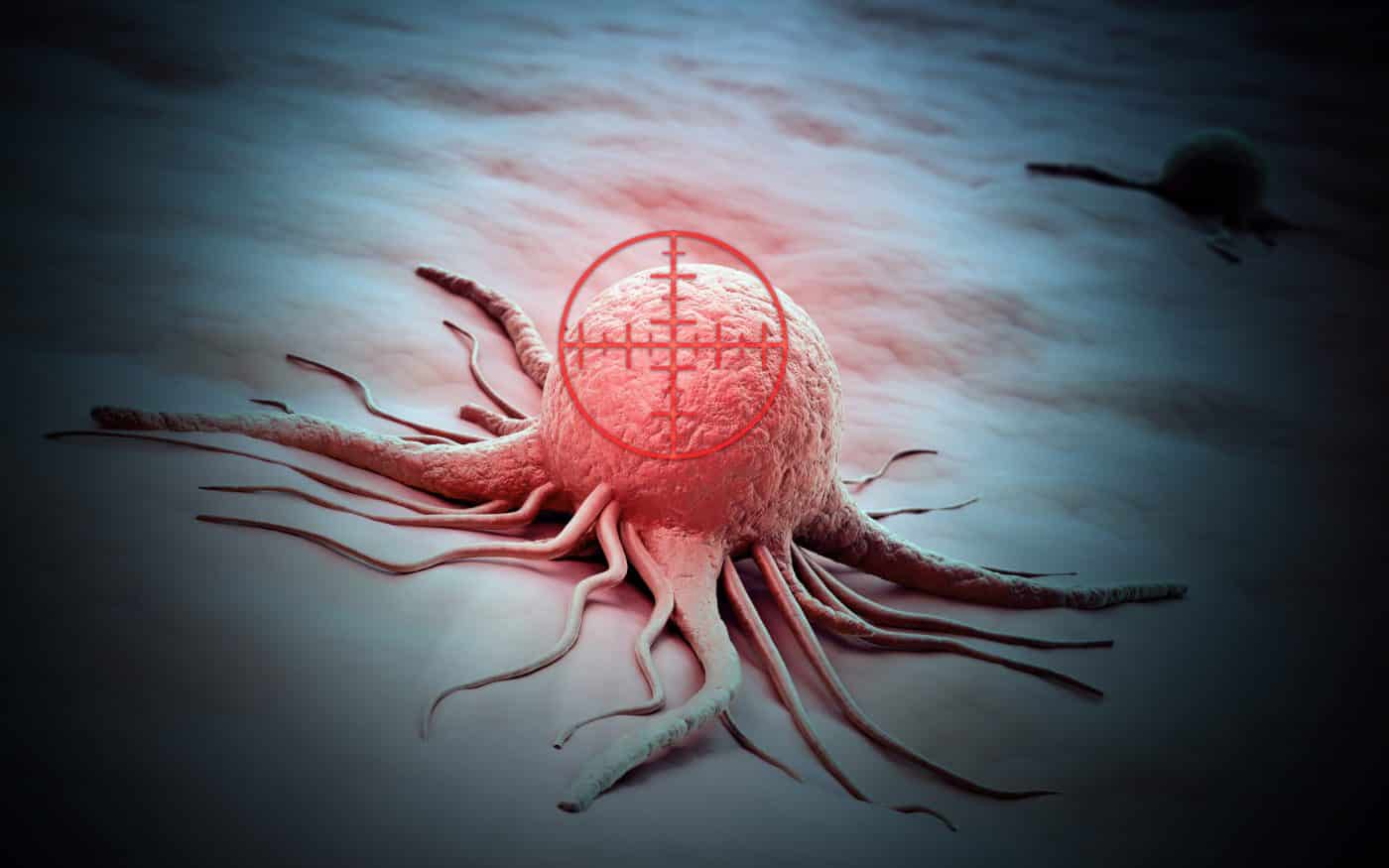Scientists at the University of Edinburgh, have identified a new mechanism for how damage to the cell’s genetic material can trigger inflammation, setting in motion processes to remove damaged cells and keep tissues healthy.
The study appearing in Nature, sheds new light on how potentially cancerous cells are flagged, so that they can be removed as part of the body’s natural surveillance systems before tumors form, according to the team.
The team identified a key molecule called cGAS, which is known to bind DNA, that can trigger inflammation. This occurs because cGAS can penetrate micronuclei and bind to DNA. That starts a process that leads to inflammation.
“DNA is strictly compartmentalized within the nucleus to prevent autoimmunity; despite this, cyclic GMP–AMP synthase (cGAS), a cytosolic sensor of double-stranded DNA, is activated in autoinflammatory disorders and by DNA damage,” write the investigators.
“Here, we report that cGAS localizes to micronuclei arising from genome instability in a mouse model of monogenic autoinflammation, after exogenous DNA damage and spontaneously in human cancer cells.”
“As DNA damage is often one of the early steps in the development of cancer, the detection of micronuclei by cGAS could therefore be an important early alarm system allowing the human body to detect and remove potentially cancerous cells.”
“Our findings provide a possible new mechanism for how the body protects itself against cancer, but in some circumstances could instead trigger inflammatory disease,” Dr. Karen Mackenzie, of the MRC Human Genetics Unit at the University of Edinburgh, said in a news release.
And since DNA damage a hallmark of cancer, the detection of micronuclei by cGAS could be a vital early alarm system allowing the body to detect and remove potentially cancerous cells.
“We hope that this research will inform future studies into the development of improved therapeutic approaches,” Dr. Martin Reijns, senior research fellow at the MRC Human Genetics Unit, said.






























